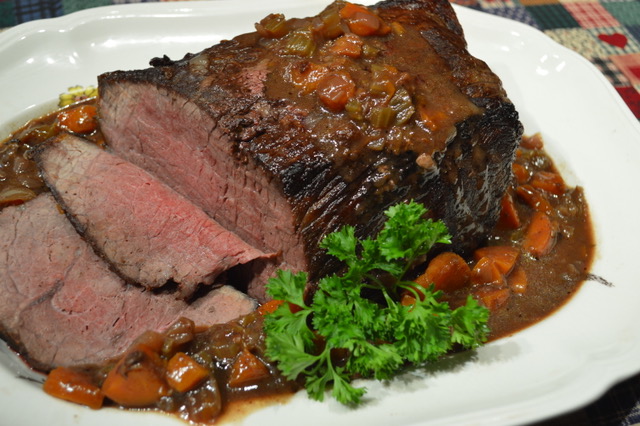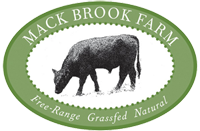
Health Benefits
-
Less risk of E. coli contamination
Commercially raised cattle live in very confined paddocks with many animals and all of their waste matter. These are prime conditions for the spread of the E. coli bacteria. Also, cattle are natural grass eaters. When their diet is switched to grain in a commercial feedlot, their stomachs become very acidic. E. coli bacteria thrive in this acidic environment. Freely roaming on pasture and eating grass eliminates these issues.
-
Less fat and calories
Grassfed beef is 4 times lower in fat than commercially raised cornfed beef and therefore lower in calories.
-
More Omega-3
Grassfed beef has 2 to 4 times as much Omega-3 as cornfed beef. Omega-3 is one of the ‘good’ fatty acids and plays a role in the prevention of heart disease, cancer and arthritis.
-
More Conjugated Linoleic Acid (CLA)
Grassfed beef has 4 to 5 times more CLA than cornfed beef. CLA is proving to be one of the best natural defenses in preventing cancer.
-
More Vitamin E
Grassfed beef is up to 4 times higher in vitamin E than cornfed beef
* All data from the Journal of Animal Science
Environmental Benefits
At Mack Brook Farm, our cattle are rotationally grazed over 60 acres of pasture, eating only grass or hay grown on our fields. This type of farming benefits the environment in several ways by:
-
Significantly reducing the use of fossil fuel
Since pasture grass is a perennial, it only has to be planted once, unlike corn or grain, which are planted and harvested annually. Therefore, heavy equipment that requires a lot of fuel is not taken into the fields each year to till and plant or to fertilize and harvest, as it is for grain crops. The animals roaming around take care of both fertilizing and harvesting.
-
Using far fewer chemicals
Because the pastures are being naturally fertilized by our cattle, no commercial fertilizers need to be spread on those acres. In addition to using less fuel, this also reduces the amount of chemical runoff into our waterways.
-
Lessening soil erosion
The pasture grasses form a healthy stand of vegetation and root mass all year long that holds the soil in place, thus reducing soil erosion. The root mass also improves water filtration.
-
Enhancing soil composition
The naturally deposited manure adds nutrients to the soil increasing the amount of organic matter in the pasture. This enhances soil life by enriching all the ‘good’ microscopic organisms essential to a healthy planet. The decomposition process has an added benefit of ‘carbon sequestration’ that reduces atmospheric carbon dioxide.
